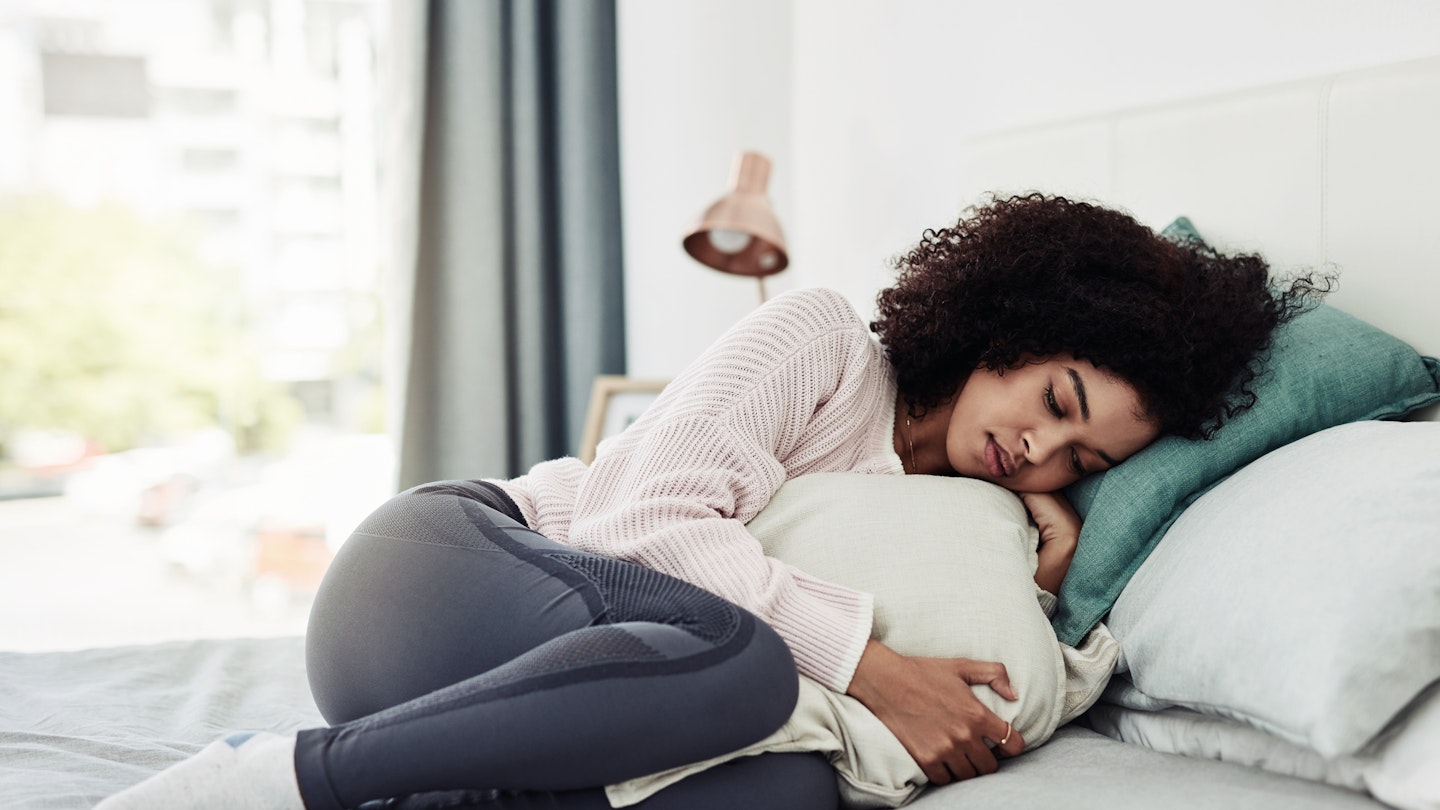It was whilst speaking to Karen Arthur, founder of Menopause Whilst Black for the Unpretty Podcast that I reflected upon my own conversations (or rather lack of) with my mother on the topic of reproductive health. My first and longest conversation took place when I was about 10 years old, when I was “introduced” to the female anatomy. We never discussed emotions and physical or mental discomfort – not because I was told we couldn’t, it was just something we didn’t do. It’s an experience I know that a lot of my Black friends also share, a shame that I think we need to unlearn.
At 61 years old, I was pretty confident that my mother must have been through menopause or in fact was currently going through it. I was mistaken. According to the NHS, the average age for women to reach menopause is 51 but for my mother, it came when she was 45. Menopause, for her, was actually a welcome relief after almost 18 months of suffering from uterine fibroids, non-cancerous growths in the womb. Fibroids are not uncommon – one in three women will develop them at some stage in their life but Black women are up to five times more likely to develop them. Some studies also suggest that they occur at a younger age and grow at a quicker rate amongst us.
My mum had three – one larger growth and two small ones. Her symptoms started at the age of 43 – her periods were significantly heavier and the bleeding would often last for up to two weeks at a time. She recounted how leaving the house would become a meticulously planned affair. On weekdays, she would arm herself with a super-plus tampon and heavy flow sanitary towel to make the 40-minute drive to drop me off at school and after a further 10-minute drive to work would arrive with blood-soaked trousers. She kept two pairs of trousers and spare underwear in her locker at work. Daily tasks out in public were fraught with anxiety – incomparable to my own fear of the embarrassment of bleeding through from my moderate flow.
I had no idea what my mum was going through. The classic “strong Black woman” trope played itself out as she continued to run a household of four active, adolescent children – music lessons, rugby practice, hockey, drama, through the fatigue, breathlessness and occasional heart palpitations. At the time, working as a full-time physiotherapist, she was studying for her master’s degree and had to halt her studies due to constant exhaustion and inability to concentrate – a result of her dangerously low haemoglobin levels from the heavy bleeding. When she finally sought treatment, the doctor was part horrified and part amazed at her low haemoglobin count, and yet she was still functioning at almost full capacity.
The difficulties that many Black women face when it comes to healthcare and diagnosis in the UK are impossible to ignore, my mum’s privilege of being a doctor’s wife and the sister of a gynaecologist led to prompt treatment – a myomectomy, the surgical procedure to remove the fibroids – upon seeking medical advice. She knew to ask for an ultrasound and she knew to keep asking if her initial requests didn’t satisfy her needs.
For those without the same access, talking more is a good start. Speaking to our mothers and other female family members, talking to our friends openly and without shame. At 31, the menopause feels very distant to me but with 1 in 100 women in the UK experiencing menopause before the age of 40, perimenopause is also a possible reality. As Karen Arthur said: “The earlier you know, the easier it will be. The reason that a lot of us have a sh*t time during menopause, is because we didn’t know it was coming and nobody bloody told us!”
Online communities likeDecolonising Contraception and Menopause Whilst Black, create a safe space for open conversation. It’s important to keep this continued dialogue about reproductive health, particularly as Black women. My conversation with my mum was overdue, but now I feel prepared. I admire her for carrying on, almost silently through her own suffering and hopeful fewer women will have to go through the same.
READ MORE: FKA Twigs Opens Up About Her Painful Battle With Fibroids
READ MORE: What It’s Like To Go Through The Menopause In Your 20s
